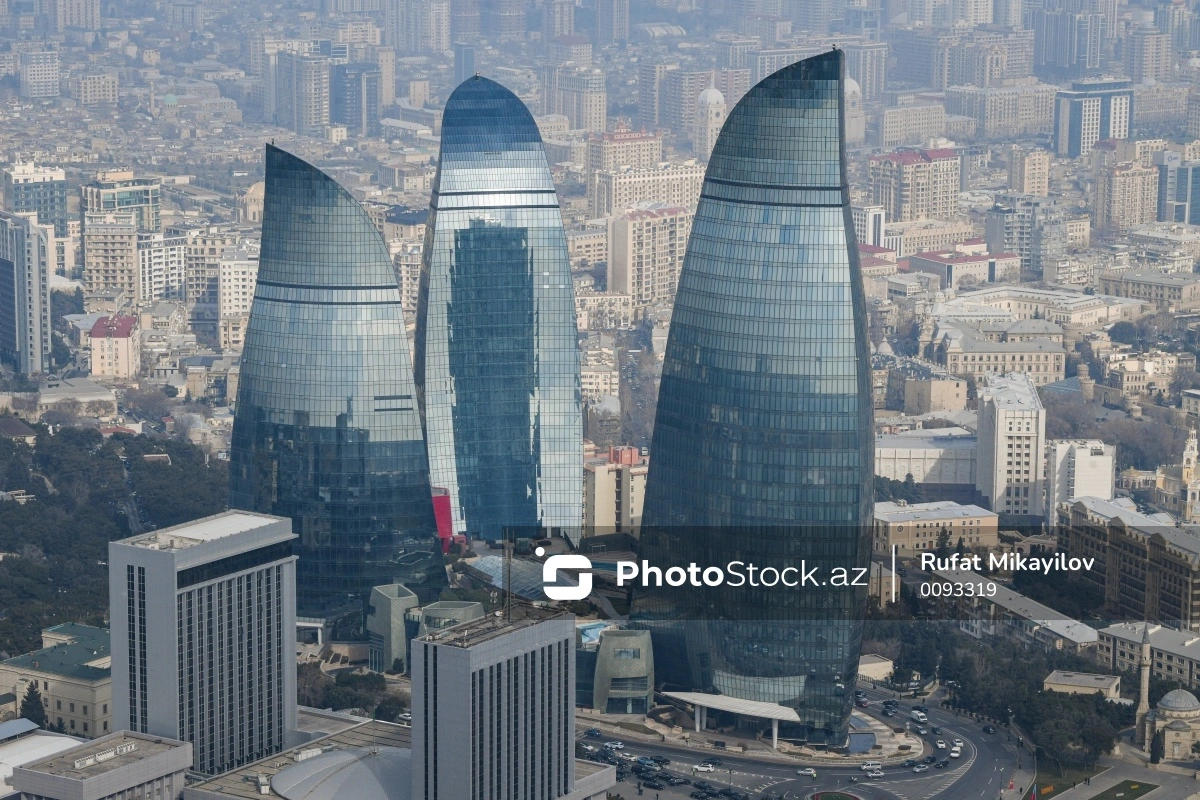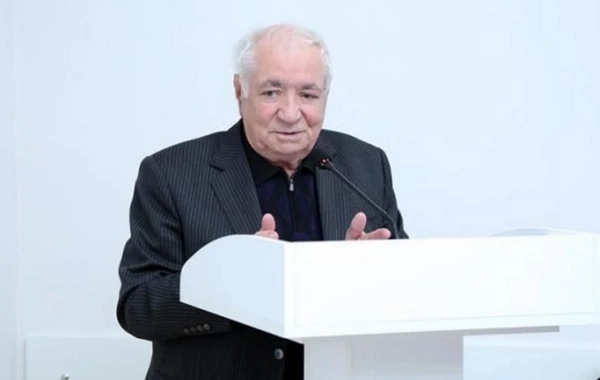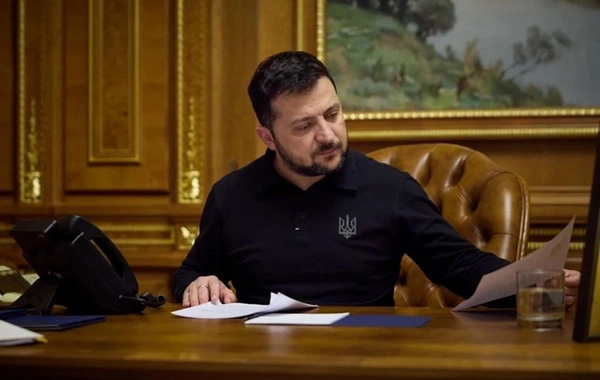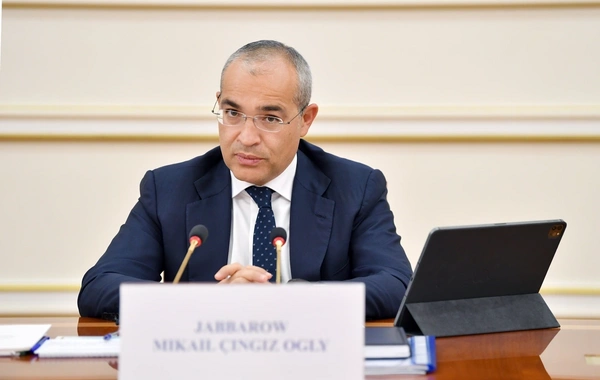The West could not prevent Armenians from coming to Baku: what is Europe's goal?

When we talk about Azerbaijan, new realities appear before our eyes.
A country that transforms destroyed cities into modern cultural centers, minefields into fertile lands, and devastated territories into green energy zones. Azerbaijan, which, having left behind the darkness of the past, opens a window to a new world.
At the same time, alongside the rapid development of a country that has fully restored its sovereignty, Europe - once a symbol of progress and innovation - has over time transformed into a force spreading negative trends in the South Caucasus region. A characteristic example is the so-called "binocular diplomacy" directed against our state.
Many questions arise. How is it that Europe, which previously came forward with peacekeeping initiatives and declared its desire to achieve sustainable peace between Azerbaijan and Armenia, now prefers inaction and silence? Why does the Old World, which regularly makes statements about the restoration of Ukraine, not show similar interest in the restoration of Karabakh? Or is it not as simple as adopting a resolution against Azerbaijan?
If those who love to teach others directed the energy they spend on creating artificial conflicts and political pressure toward solving Karabakh's mine problem, today the corridors of European politics would be discussing not LGBT activism and the no war movement.
The West, which still looks at us through "binoculars," sees that in the South Caucasus, a real peace process is beginning at Azerbaijan's initiative. Trips from Azerbaijan to Yerevan and back have already started. Representatives of Armenian think tanks have arrived in our country.
How can these visits affect relations between the two countries?
More details in Baku TV's video:
Similar News
President Ilham Aliyev awarded Vahid Aziz with the "Sharaf" order
President of the Republic of Azerbaijan Ilham Aliyev signed an order on awarding Vahid Aziz oglu Jafarov (Vahid Aziz) with the "Sharaf" order for his long-term...




 Azərbaycanca
Azərbaycanca  По-русски
По-русски  English
English 






